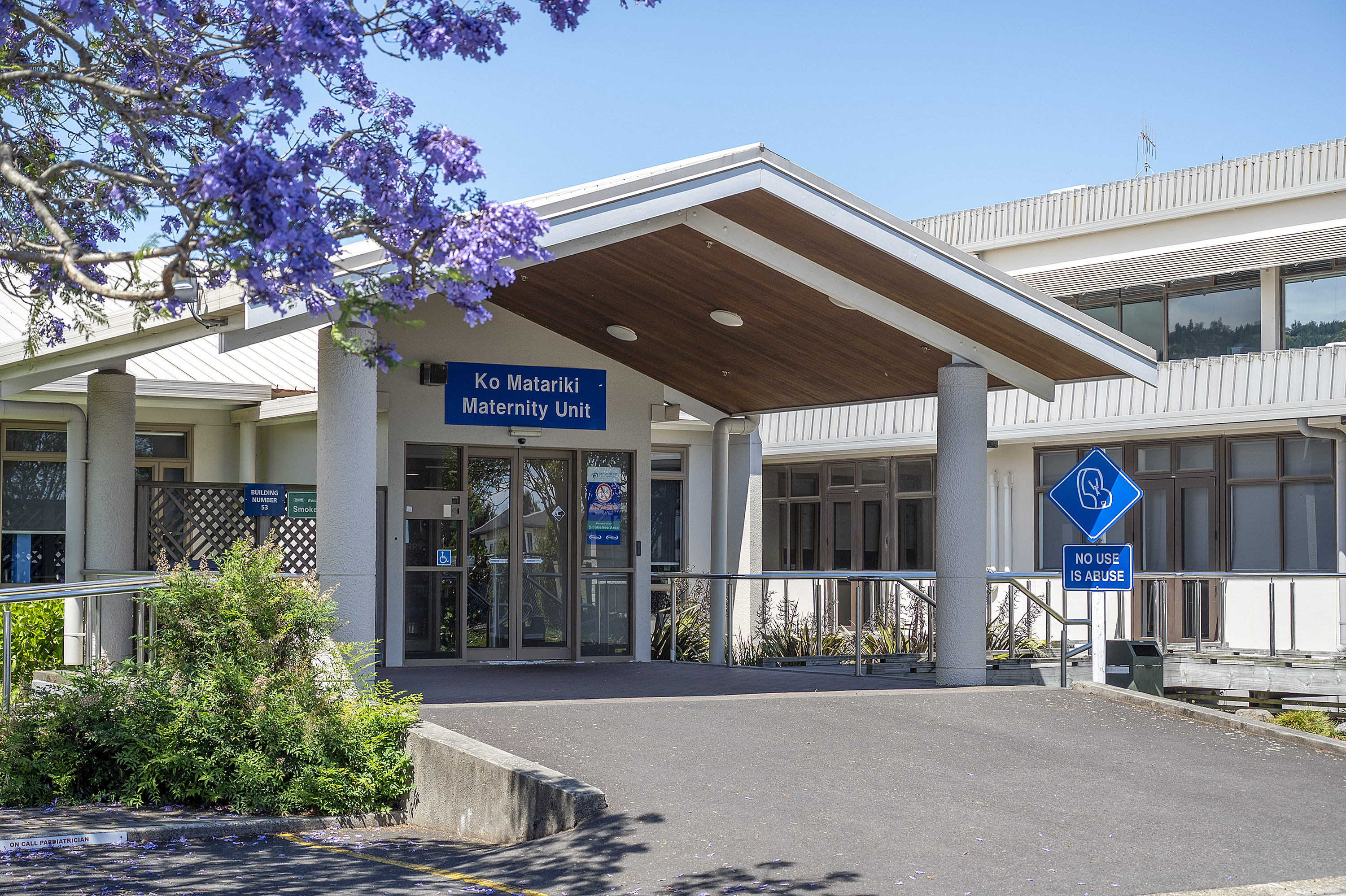Council to consider creating health advocacy group

Diane McCarthy
Whakatāne District Council voted on Thursday to investigate a proposal by Mayor Victor Luca to establish a health advisory group within the council.
Most councillors considered it a positive move to advocate for better health services, provided it didn’t become, as Councillor Nandor Tanczos put it, “another impotent talk fest”.
Dr Luca presented councillors with a proposal to set up a group like that of Kāpiti Coast District Council’s Kāpiti Health Advisory Group, established in 2017.
His proposal is a response to the health system crisis and an action he signalled at the Community Health Forum he hosted last month.
He visualises a group that comes “under the council umbrella” but is not necessarily populated by councillors or council staff.
“It could be part of the input the community has into the health system, such as what we lost when the district health boards were wiped out.”
Dr Luca said he had spoken to Kāpiti Mayor Janet Holborow, who said their health forum cost next to nothing and practically ran itself.
Councillors expressed both support and reservations about the idea but voted unanimously to have staff investigate the matter.
Mr Tanczos was among the councillors concerned about what input the group would have with Health New Zealand – Te Whatu Ora.
“It becomes another impotent talkfest if Te Whatu Ora doesn’t recognise it and provide a place for it to dock into the health services. We need the ability to put some hard questions to Te Whatu Ora, but also get answers.”
Deputy Mayor Lesley Immink echoed Mr Tanczos.
“We don’t want to create another talk fest with very little outcome. We’re also not in charge of running the hospital or fixing the New Zealand health care system, so I’ve got a little bit of concern that it might take us down a path wasting time for staff.”
She was also concerned about it taking elected members away from their core duties.
“Kapiti does have a dedicated councillor that has been driving the advisory group.”
Dr Luca said he put the idea to Te Whatu Ora’s regional deputy chief executive, Cath Cronin, recently, asking whether she would be open to the idea of one or two people from within the system making up part of the group.
“She said, ‘I would need to see what it looked like before I commit to anything’. So, we need to give this some shape, then pass the ball to her.
“Having the council’s stamp on it would give it some mana and legitimacy,” he said.
Councillor Toni Boynton wants to ensure other health agencies such as the Eastern Bay Primary Health Alliance, Te Puna Ora o Mātaatua and Te Tohu o te Ora o Ngāti Awa are engaged with as part of the investigation.
“Though they are not directly the hospital itself ... they are the arteries, I guess, into supporting local families. They have a very in-tune sense of what is happening on the ground.”
Councillor Gavin Dennis wants to see Ōpōtiki and Kawerau district councils also invited to join.
“I believe in this current climate we have the responsibility to be the watchdog for the community in regard to what the public health systems are doing,” he said.
Councillor Andrew Iles said the issues were not limited to the Eastern Bay and suggested it might be something that could better be fostered at Local Government New Zealand level.
Councillor Julie Jukes agreed to the idea but said the council needed to be open-minded about the fact there might be a better, more appropriate organisation or advocacy group to do it.
Mr Tanczos asked that either the new interim general manager of the hospital or Ms Cronin be invited to update the council on the current hospital situation at a public council meeting as he felt the public meeting at the Little Theatre recently had been poorly attended.
“[It] was at short notice, and it was at a bad time of the day, and it wasn’t livestreamed. People can ask questions at a public meeting like that, but they can’t interrogate.
“If councillors had a chance to interrogate, we might get some answers to some questions that still remain unanswered in the public realm.”
The council also agreed to Dr Luca writing a letter to the Minister of Heath and Health New Zealand – Te Whatu Ora, on behalf of the council, expressing its concern regarding the health system crisis, in particular the loss of secondary obstetrics and gynaecology services in Whakatāne and the effect that ongoing funding cuts will have in sub-regions.